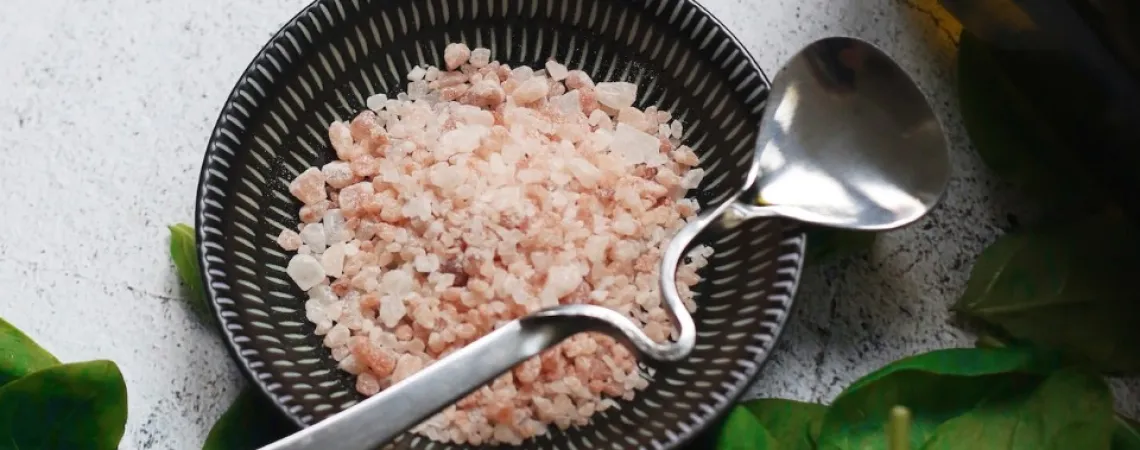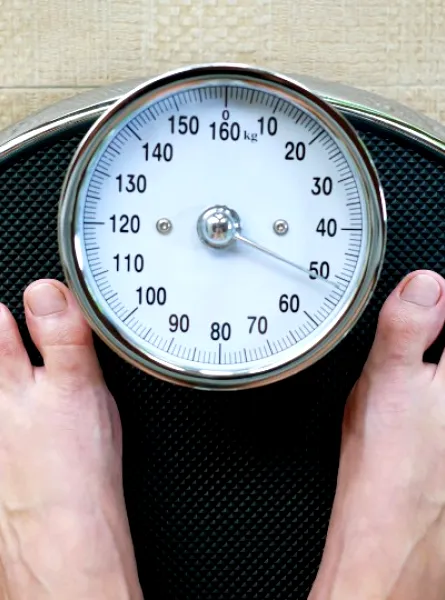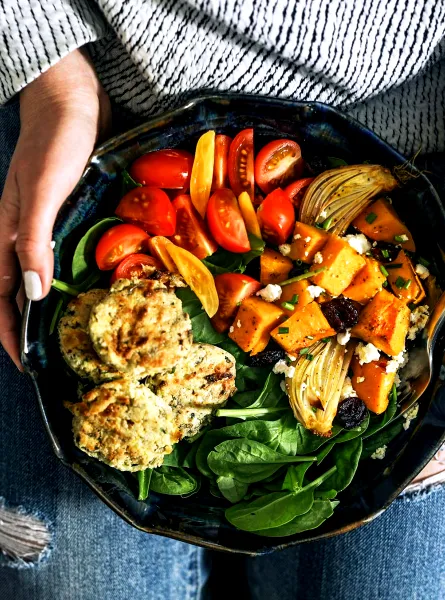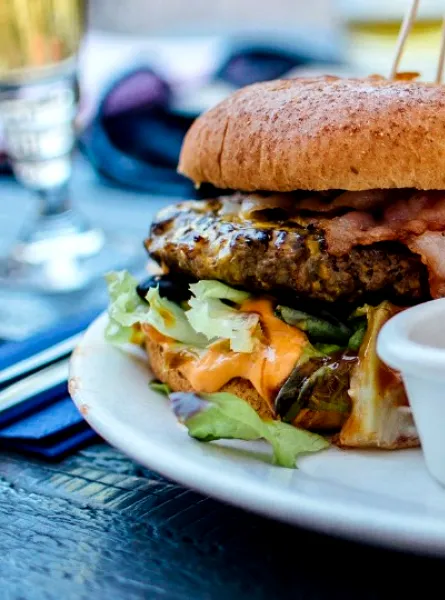
Yes and no! While it’s true that we must reduce our consumption, salt is not our enemy either.
It's no secret that consuming large amounts of salt can, in the long term, represent a health risk. However, it is also important to make a few nuances.
An essential nutrient
Salt (also called sodium chloride) is an ingredient, composed of two atoms: chlorine and sodium. It is white table salt. Sodium is a mineral. It is found in food (for example, in vegetables!) and in our bodies.
Sodium is an electrolyte that is essential for the proper functioning of the body. It regulates our bodily fluids, maintains a balance between what goes in and out of our cells, and is involved in nerve impulse.
In short, salt is important! And the body is so well made, that when we’re missing out on sodium, we’re craving more of it. Salt also plays a role in our perception of taste. That's why we add it to cake recipes: it increases our taste buds' perception of sweetness!
Are there some salts better than others?
In recent years, pink salt, sea salt or large crystal salts have gained in popularity. However, these so-called more natural salts aren't healthier than regular table salt.
Despite this, it is important to note that in Canada, table salt is iodized, meaning it’s fortified with iodine. This mineral is essential for the synthesis of thyroid hormones. More artisanal salts, such as pink Himalayan salt, are not enriched in iodine.
What science says
In the 20th century, as we began to preserve our food by refrigerating it, the population's salt consumption dropped drastically, but high blood pressure rates increased. Is salt that dangerous? It is well documented that consuming over 2300 mg sodium per day (1 teaspoon of salt) can have long-term negative health effects. These may include increased risk of high blood pressure, heart disease and stroke. A dietitian can help you control your daily salt intake. Contact us if you are looking for this type of support.
But does this mean we need to completely avoid salt? No, it just means that when the opportunity arises, we should try to reduce our salt intake.





